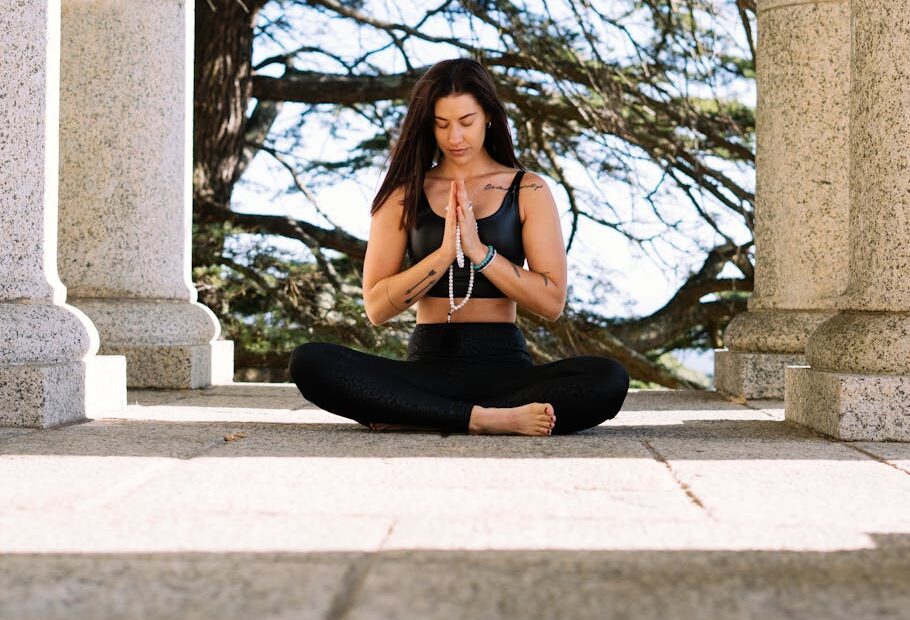The Real Way to Use Manifestation to Attract Your Dream Career
We all want to do work that matters.That lights us up.That pays us what we’re worth. But what if your dream job isn’t something you need to “chase down”?What if you could shift your mindset,… The Real Way to Use Manifestation to Attract Your Dream Career









